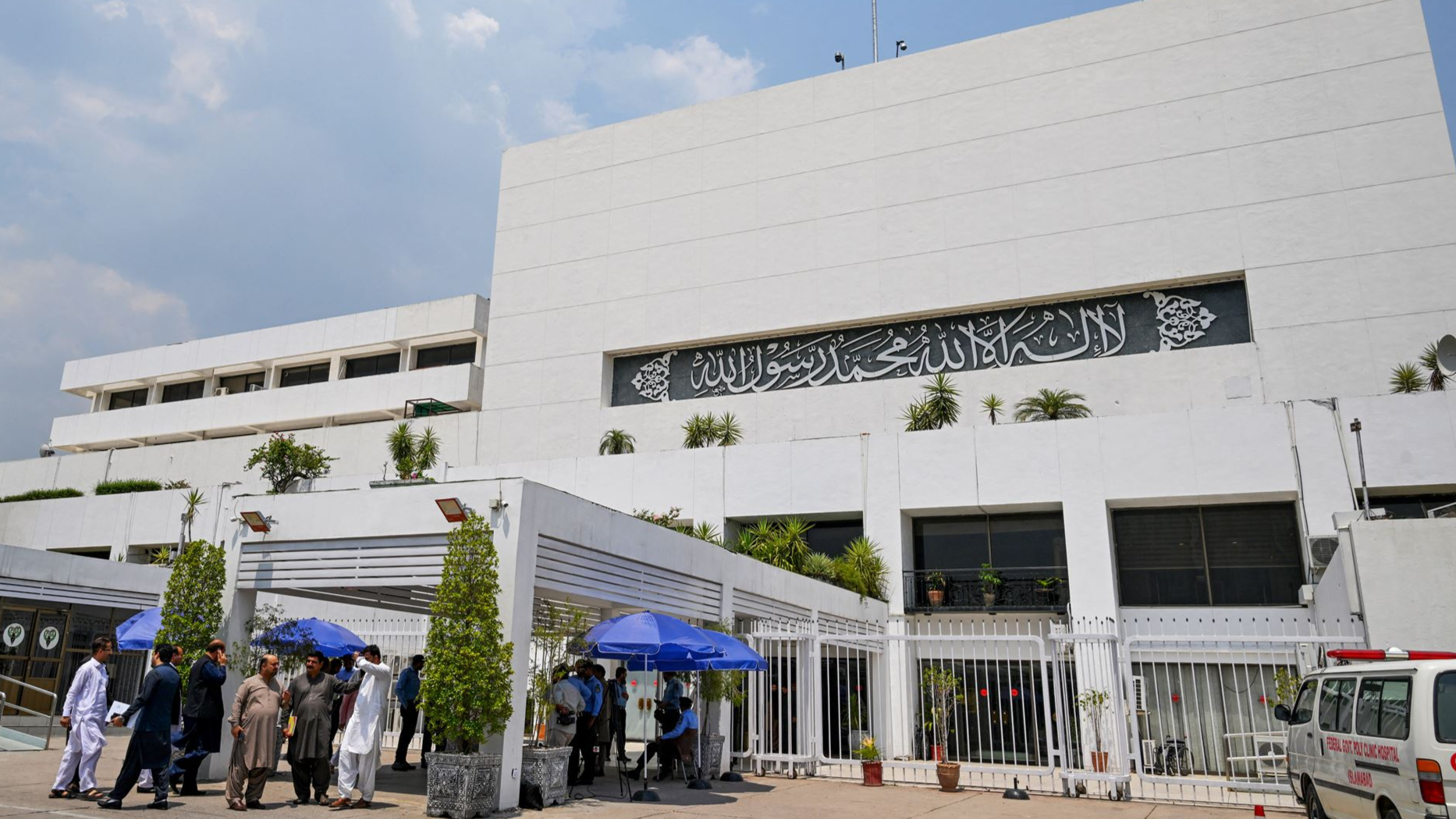
KARACHI - Pakistan and the International Monetary Fund on Monday reached a staff level agreement (SLA) for a $7 billion, 37-month loan program with tough measures such as raising tax on farm income, sending the country's benchmark share index to a record high.
The deal caps negotiations that started in May after Islamabad completed a short-term, $3 billion program that helped stabilize the economy, avert a sovereign debt default, and set challenging revenue targets in its budget to get IMF approval.
ALSO READ: Pakistan has met all requirements for IMF bailout deal, finance official says
The benchmark share index has almost doubled since Pakistan signed its last SLA for the $3 billion standby arrangement, and is up more than 10 percent since Pakistan presented its annual budget.
The new agreement introduced increased tax on agricultural incomes, underscoring the need to increase government revenue and reduce recurrent deficit to win the lender's approval
"The market has grown used to the IMF deal being a highly politicized, news event and the IMF asking Pakistan to do more. This time it was a silent agreement between the government and the IMF staff," said Adnan Sami Sheikh, assistant vice-president of research at Pak Kuwait Investment Company.
The new agreement introduced increased tax on agricultural incomes, underscoring the need to increase government revenue and reduce recurrent deficit to win the lender's approval.
ALSO READ: Pakistan to unveil budget with eye to winning new IMF bailout
The IMF said it had got assurances from Pakistani authorities - provincial and federal - that they would bring taxation on agricultural incomes on par with corporate and other tax rates.
Agricultural income has historically been taxed much lower than other sectors, despite contributing 23 percent to the GDP, employing 35 percent of the labor force, and bringing in an annual income of around 9 trillion Pakistani rupees ($32.37 billion).
Under the IMF deal, the highest effective tax rate can rise to as much as 45 percent from the current 15 percent. It will be implemented from 2025, a move that was termed "unprecedented" by brokerage and investment banking firm JS Global.
READ MORE: IMF approves $3b loan for Pakistan to stabilize economy
The IMF has said the SLA agreement is subject to approval by its executive board and the confirmation of necessary financing assurances from Pakistan's development and bilateral partners.


